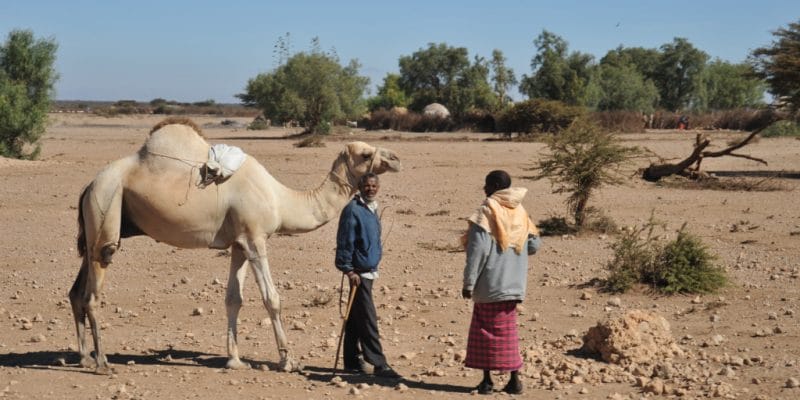Somalia is benefiting from $2 million to help it cope with the drought. The funding from Sweden to the UN Food and Agriculture Organisation (FAO) will help develop drought resilient agriculture.
The $2 million in funding to be provided by the Swedish International Development Cooperation Agency (SIDA) represents an additional contribution from Sweden to the natural disasters in Somalia. The funds will be used to finance the BRiMS (Building Resilience in the Middle Shabelle) project implemented by the UN Food and Agriculture Organisation (FAO). Sweden has previously committed more than $3 million to the implementation of this project in Somalia.
The BRiMS project aims to build the resilience of vulnerable people to food crises by addressing the main underlying causes in Middle Shabelle. Long considered the breadbasket of Somalia, the region faces recurrent droughts, as well as floods that occur when the Shabelle River rises. And in the face of Somalia’s current prolonged drought, FAO wants to allocate Swedish funding to building the resilience of riverine farmers in the Jowhar corridor by improving access to and management of water to boost their agricultural yields.
Building irrigation systems
“In the Jowhar Corridor, periodic flooding of the Shabelle River basin leads to destruction of crops, villages, roads and large-scale human displacement in areas close to the river. Most villages along the river are exposed to recurrent flooding during the rainy seasons, as witnessed in 2019 and 2020,” FAO said.
Read also- SOMALIA: $10m from London to ensure food security and access to water
In this corridor north of the Somali capital Mogadishu, the UN agency plans to improve water management through the construction of irrigation systems that are sorely lacking for farmers, especially in this period of drought. Also, in anticipation of the next rains, the BRiMS project plans to reinforce the river dykes. “In these hard-to-reach areas, it is also important to help farmers organise themselves into groups. By pooling local input requirements and production, farmer groups create economies of scale that enhance their ability to access services and participate effectively in supply chains and markets. This is crucial in the Middle Shabelle, where insecurity and access constraints can deter trade, especially if it is small-scale,” says FAO.
Jean Marie Takouleu







